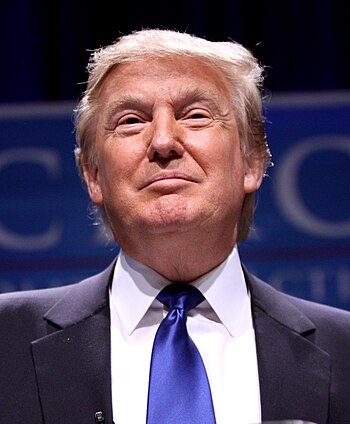Emotion (Fear) Trumps Logic
 |
| speaking at CPAC in Washington D.C. on February 10, 2011. (Photo credit: Wikipedia) |
Psychologists and decision scientists have studied how much more persuasive the "negative case" is when trying to persuade people to take actions. Statistics get twisted and contorted because a "100% increase" in risk from 0.5% to 1% can persuade people to stop eating a "dangerous" food.
Humans are lousy at understanding risk or rank. Tell people that the United States ranks low on longevity, and they grumble. But is the difference between 79.3 years in the U.S. to 80.6 in Denmark worth a lot of concern? Probably not, since we have a diverse culture and habits that probably cannot be compared to the homogenous Denmark. The Western nations are actually pretty closely grouped on most statistical measures, but we panic if we're not in the top five. Should we? Probably not.
The Trump campaign revealed that the real problem isn't how to read and interpret data. The problem is more severe: people don't believe what contradicts their biases. This is true on the left and right and in the middle. People are also far more likely to believe negative stories about the "other side" than true, but negative stories about people and causes they support.
We're not wired to default to logic. We default to emotion. Logic takes effort.



Comments
Post a Comment